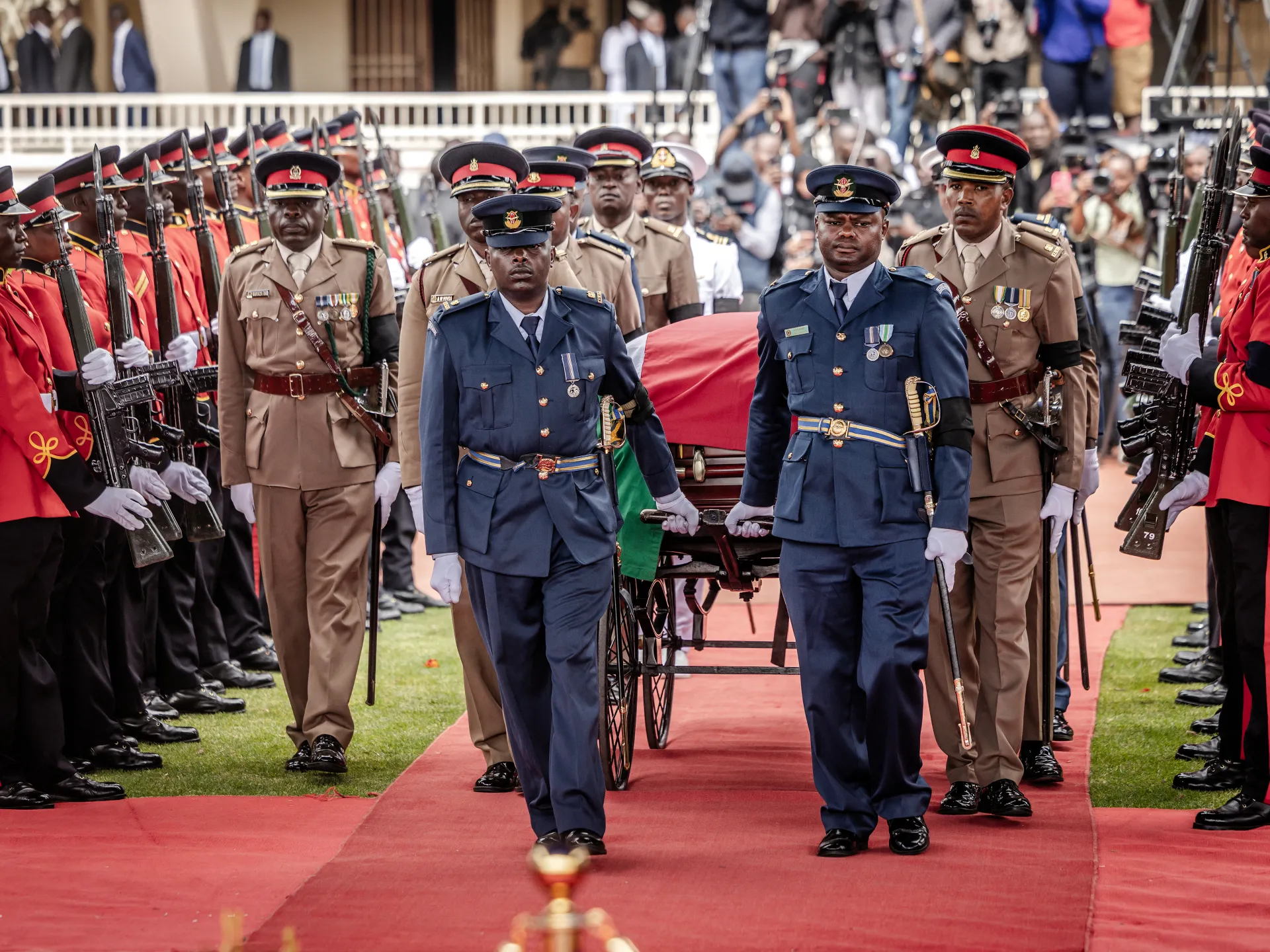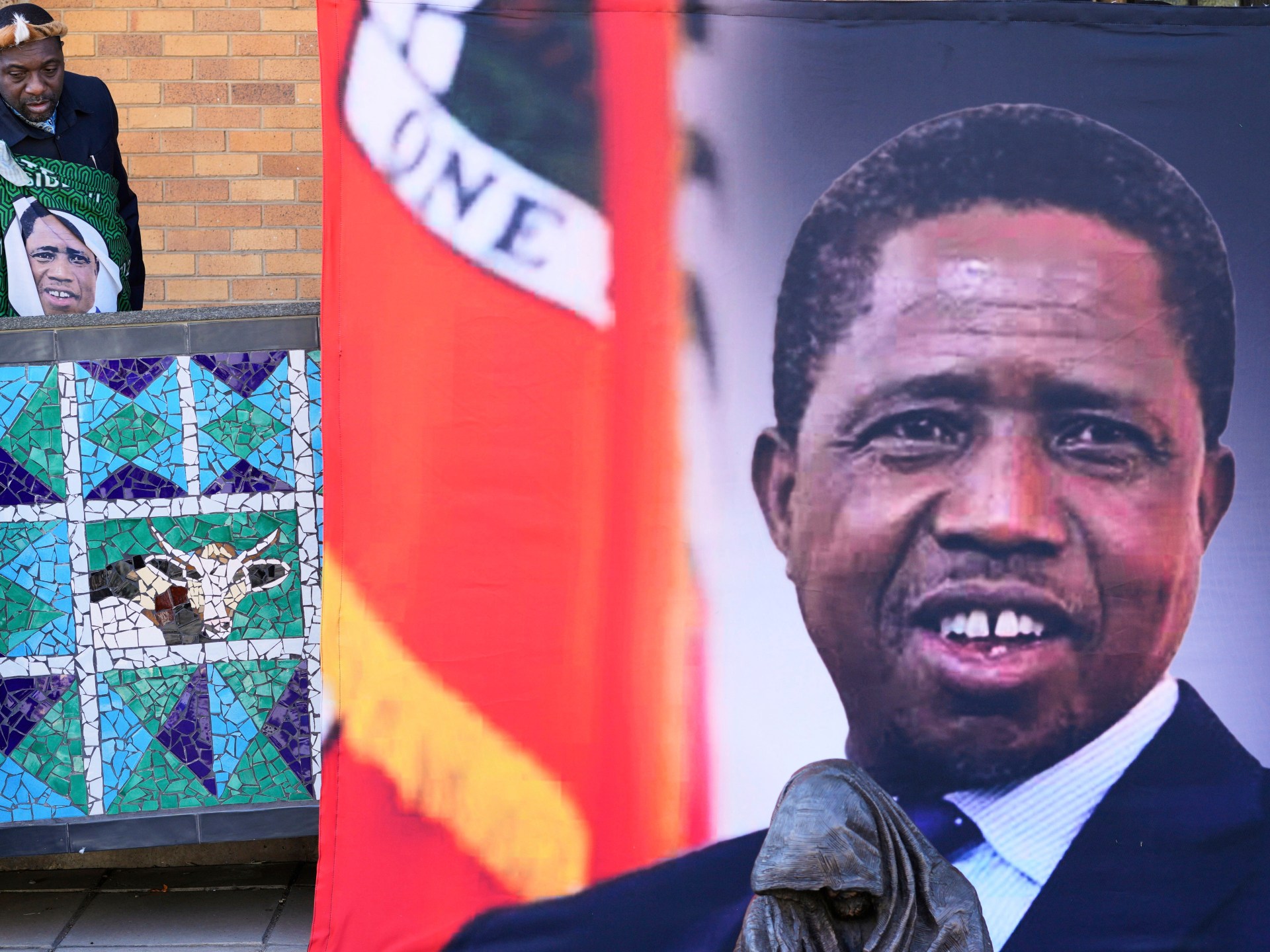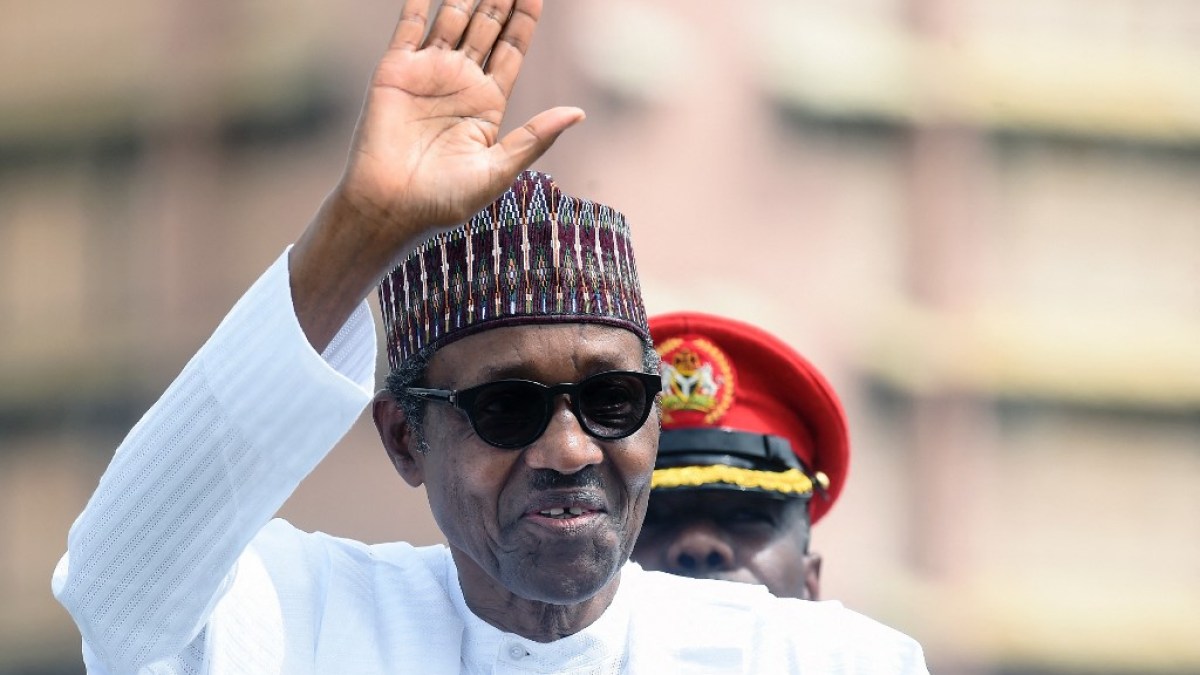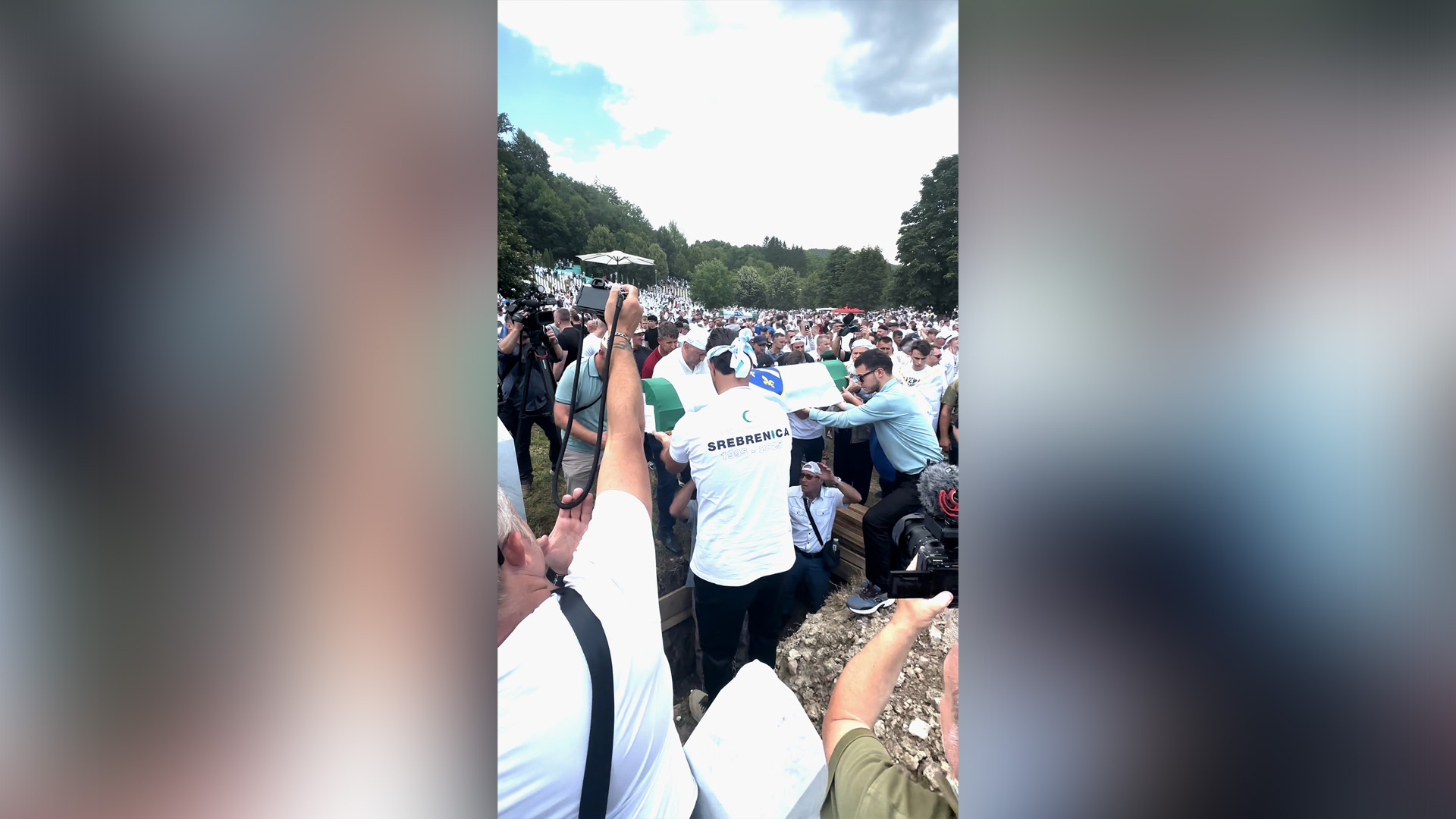Dozens injured, heavy security in Kenya as Odinga mourned before burial | News
The final public viewing event in the western city of Kisumu has been preceded by deaths and injuries on previous days.
Dozens of people have been injured at a memorial event in Kenya’s western city of Kisumu as huge crowds gathered to view the body of revered former Prime Minister Raila Odinga, local media reported.
The injuries occurred on Saturday at Jomo Kenyatta International Stadium despite authorities deploying military units, police and aerial surveillance to prevent a recurrence of deadly and chaotic incidents that marked earlier memorial proceedings on Thursday and Friday.
Recommended Stories
list of 3 itemsend of list
Kenya Red Cross teams treated people who fainted from fatigue and distress, evacuating casualties as crowds surged inside the venue. Odinga’s body was being transported to his ancestral home in nearby Bondo for burial on Sunday, drawing tens of thousands throughout the region.
The additional precautions were put in place after violence and chaos killed at least five people during memorial proceedings for the 80-year-old opposition leader and statesman, who collapsed during a morning walk in India’s Kerala state on Wednesday.
Siaya Governor James Orengo urged restraint as arrangements progressed for transporting Odinga’s body to his ancestral home in Bondo, approximately 60km (40 miles) west of Kisumu, where the latest disruptions had occurred.
“I really entreat members of the public and the community in general to maintain the peace during this period,” Orengo told local media.
Thursday’s initial viewing descended into bloodshed when security forces fired weapons and tear gas into crowds surging towards a pavilion where Odinga’s coffin had been placed, killing at least three people at a Nairobi stadium.
A day later, panic swept through mourners exiting Friday’s state funeral service at a separate venue in the capital, triggering a crowd crush that killed two more and sent 163 to medical care.
Huge turnout has characterised every stage of the mourning period since Odinga’s body returned home on Thursday, with supporters walking nearly 30km (20 miles) from Nairobi’s airport to escort his remains.
Friday’s state ceremony drew tens of thousands who sang, danced and waved handkerchiefs as they celebrated a figure many affectionately called “Baba” – the Swahili word for father.
Dignitaries including President William Ruto and Somali President Hassan Sheikh Mohamud attended the service, where Odinga’s relatives pleaded for peaceful proceedings.
His brother Oburu told mourners: “Raila should not be teargassed in death. He has been teargassed enough when he was alive.”
Former United States President Barack Obama, whose father was Kenyan, honoured Odinga as “a true champion of democracy” who “endured decades of struggle and sacrifice for the broader cause of freedom and self-governance in Kenya”, in a post on X.
Obama noted that Odinga “was willing to choose the path of peaceful reconciliation without compromising his core values”.
Odinga never became president despite five attempts spanning three decades, but shaped Kenya’s democratic evolution more profoundly than many who held that office and has led to an outpouring of grief nationally and across Africa.
He spearheaded the country’s return to multiparty politics in the 1990s and drove the passage of a landmark 2010 constitution that distributed authority away from centralised executive power.



